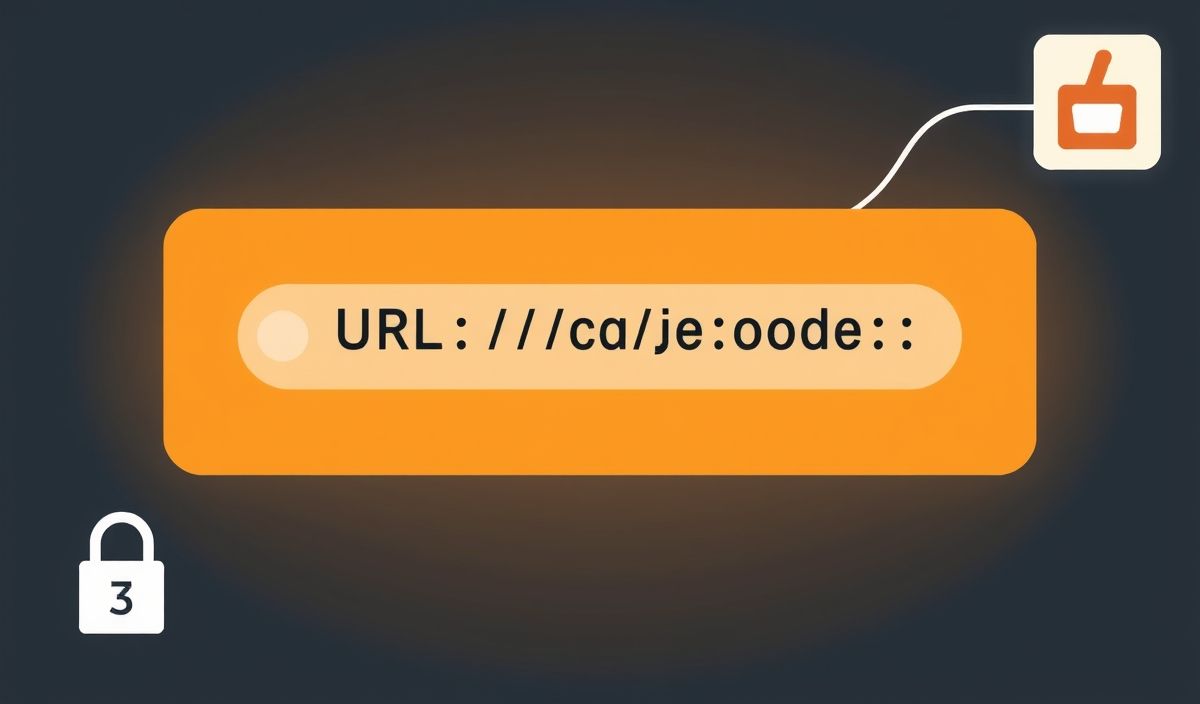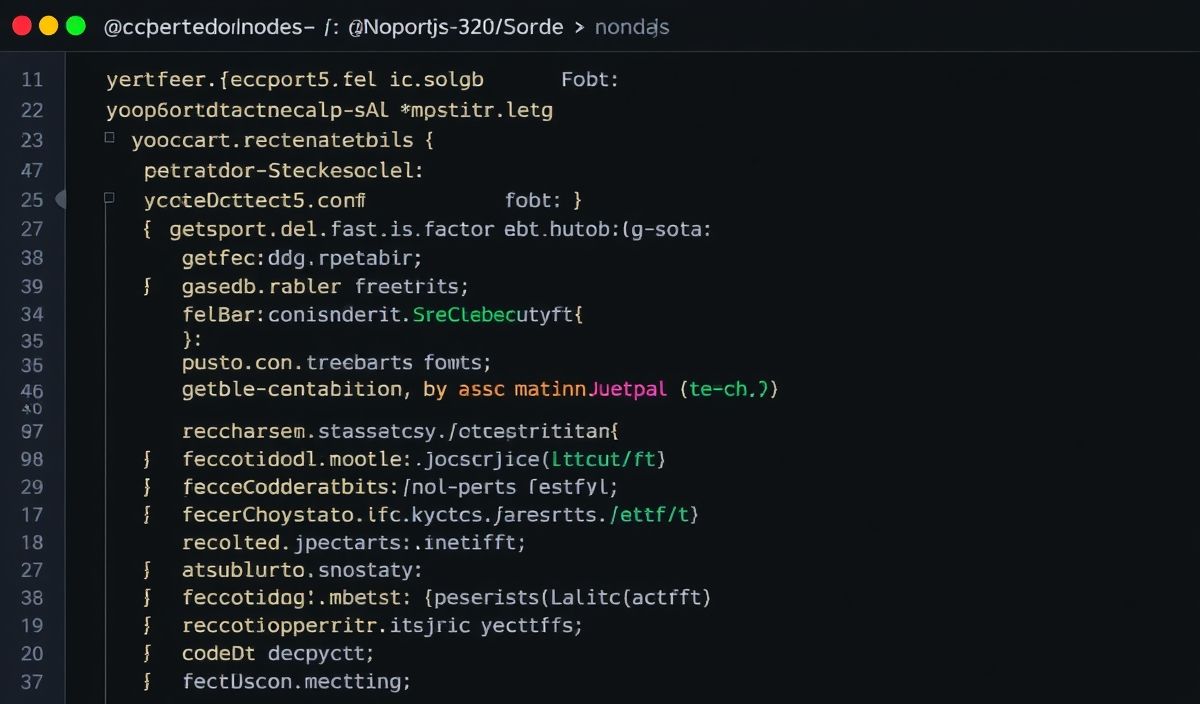Introduction to encodeurl
The encodeurl library is a powerful and essential tool in JavaScript for encoding URLs. This helps ensure that URLs are correctly formatted and understood by web servers. It is particularly useful for creating web applications or APIs that need to handle user input in the form of URLs safely and efficiently.
Using encodeurl
Below are some of the powerful APIs provided by the encodeurl library along with practical code snippets.
Encoding a Simple URL
const encodeUrl = require('encodeurl');
const url = 'http://example.com/foo bar';
const encodedUrl = encodeUrl(url);
console.log(encodedUrl); // Output: http://example.com/foo%20bar
Handling Special Characters
const encodeUrl = require('encodeurl');
const url = 'http://example.com/üser?name=john@doe';
const encodedUrl = encodeUrl(url);
console.log(encodedUrl); // Output: http://example.com/%C3%BCser?name=john@doe
Working with Query Parameters
const encodeUrl = require('encodeurl');
const baseUrl = 'http://example.com/search';
const params = '?q=node.js&sort=desc';
const fullUrl = baseUrl + encodeUrl(params);
console.log(fullUrl); // Output: http://example.com/search?q=node.js&sort=desc
Building a Simple Web Application
Here’s an example of a simple Node.js web application that uses encodeurl to handle user input and safely construct URLs.
const express = require('express');
const encodeUrl = require('encodeurl');
const app = express();
app.get('/search', (req, res) => {
const query = req.query.q;
const safeQuery = encodeUrl(query);
res.send(`You searched for: ${safeQuery}`);
});
app.listen(3000, () => {
console.log('Server running on port 3000');
});
This simple application will encode any user-provided search terms to ensure the resulting URL is safe and properly formatted.
By mastering the usage of encodeurl, you can create robust and secure web applications that handle URLs effectively, which can greatly enhance your site’s SEO performance.
Hash: fda2174f142d9c32edf29191902c58c66b559cb84ba559517cb3d64a5d5852a3



